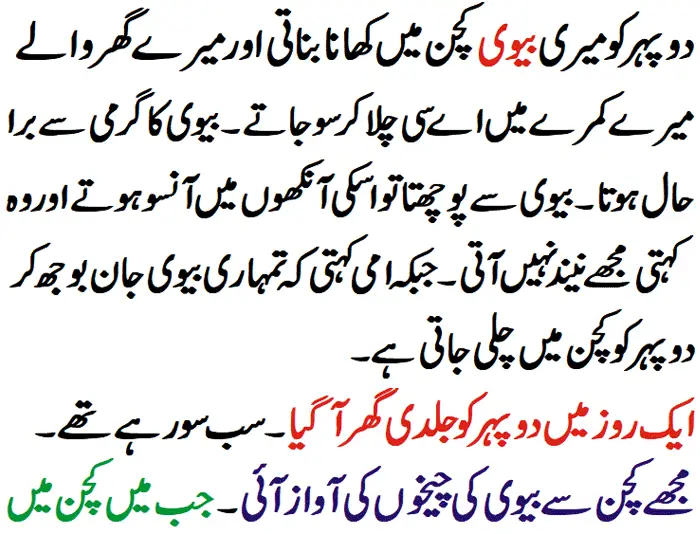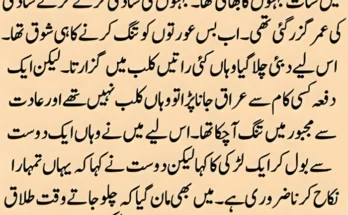Understanding Hair Fall in Ayurveda
Causes of Hair Fall According to Ayurveda
In Ayurveda, hair fall is often attributed to an imbalance in the body’s doshas—Vata, Pitta, and Kapha. Each dosha governs different aspects of health, and their imbalance can lead to hair problems:
- Vata Imbalance: Leads to dryness and weak hair roots.
- Pitta Imbalance: Causes inflammation and overheating, which can damage hair follicles.
- Kapha Imbalance: Results in excessive oiliness and dandruff, affecting scalp health.
The Ayurvedic Approach to Hair Care
Ayurveda emphasizes the importance of balancing the doshas through a holistic approach that includes diet, lifestyle, and the use of natural remedies. The goal is to promote overall health, which in turn supports healthy hair growth.
Top Ayurvedic Home Remedies to Stop Hair Fall
1. Amla (Indian Gooseberry)
Amla is rich in Vitamin C and antioxidants, making it a powerful remedy for hair fall. It nourishes the scalp, strengthens hair follicles, and promotes hair growth.
- How to Use Amla: Mix amla powder with water to form a paste. Apply it to your scalp and hair, leave it on for 30 minutes, and then rinse with lukewarm water. You can also consume amla juice daily for better results.
2. Bhringraj (False Daisy)
Bhringraj is known as the “king of herbs” for hair growth. It improves blood circulation to the scalp and helps in rejuvenating hair follicles.
- How to Use Bhringraj: Make a paste of bhringraj powder and water, and apply it to your scalp. Leave it on for 20 minutes before rinsing. Alternatively, use bhringraj oil to massage your scalp twice a week.
3. Fenugreek Seeds (Methi)
Fenugreek seeds are a rich source of proteins and nicotinic acid, which help in reducing hair fall and strengthening hair shafts.
- How to Use Fenugreek Seeds: Soak fenugreek seeds in water overnight. Grind them into a paste and apply it to your scalp and hair. Leave it on for 30 minutes and then wash off with a mild shampoo.
4. Aloe Vera
Aloe vera has soothing properties and is effective in treating scalp conditions that can cause hair fall. It helps in balancing the pH level of the scalp and maintaining moisture.
- How to Use Aloe Vera: Apply fresh aloe vera gel to your scalp and hair. Leave it on for 45 minutes and then rinse with normal water. Use this treatment 2-3 times a week.
5. Coconut Oil
Coconut oil penetrates deep into the hair shaft, providing essential nutrients and reducing protein loss. It also helps in keeping the scalp moisturized.
- How to Use Coconut Oil: Warm coconut oil and massage it gently into your scalp. Leave it on for at least an hour, or overnight, before washing your hair with a mild shampoo.
6. Neem (Indian Lilac)
Neem has antifungal and antibacterial properties that help in maintaining scalp health and preventing infections that can cause hair loss.
- How to Use Neem: Boil neem leaves in water, let it cool, and use the neem-infused water to rinse your hair after shampooing. You can also make a paste of neem leaves and apply it to your scalp once a week.
7. Hibiscus
Hibiscus flowers and leaves are rich in vitamins and antioxidants that help in nourishing hair and stimulating hair growth.
- How to Use Hibiscus: Make a paste of hibiscus leaves and flowers and apply it to your scalp and hair. Leave it on for 30 minutes before washing it off. You can also use hibiscus oil for regular scalp massages.
8. Ashwagandha
Ashwagandha is an adaptogenic herb that helps in reducing stress, a common cause of hair fall. It also promotes hormonal balance and scalp health.
- How to Use Ashwagandha: Mix ashwagandha powder with warm water to make a paste. Apply it to your scalp and leave it on for 20 minutes. Rinse thoroughly and repeat this treatment once a week.
9. Onion Juice
Onion juice is rich in sulfur, which helps in improving blood circulation to the hair follicles and reducing inflammation.
- How to Use Onion Juice: Extract the juice of one onion and apply it to your scalp. Leave it on for 30 minutes and then wash off with a mild shampoo. Use this remedy twice a week for best results.
10. Brahmi
Brahmi strengthens hair follicles and reduces hair loss by improving blood circulation to the scalp. It also has a calming effect, which helps in reducing stress.
- How to Use Brahmi: Prepare a paste of brahmi powder and water. Apply it to your scalp and leave it on for 30 minutes. Rinse with lukewarm water. You can also use brahmi oil for scalp massages.
Diet and Lifestyle Tips for Preventing Hair Fall
Eat a Balanced Diet
A diet rich in vitamins, minerals, and proteins is crucial for healthy hair. Include foods like leafy greens, nuts, seeds, and lean proteins in your diet.
- Key Nutrients:
- Iron: Found in spinach and lentils, supports healthy blood flow to the scalp.
- Vitamin E: Present in nuts and seeds, promotes scalp health.
- Omega-3 Fatty Acids: Found in flaxseeds and fish, nourishes hair follicles.
Stay Hydrated
Drinking plenty of water helps in keeping your scalp hydrated and prevents dryness, which can lead to hair fall.
- Hydration Tips: Aim for at least 8 glasses of water a day. Include hydrating foods like cucumbers and watermelon in your diet.
Practice Regular Scalp Massage
Regular scalp massages improve blood circulation and help in nourishing hair follicles, promoting healthy hair growth.
- How to Massage: Use your fingertips to gently massage your scalp in circular motions for 5-10 minutes daily.
Manage Stress
Stress is a major contributor to hair fall. Practices like yoga, meditation, and deep breathing exercises can help in reducing stress levels.
- Stress Management Tips: Engage in activities that relax you, such as reading, walking, or listening to music.
Avoid Harsh Hair Treatments
Excessive use of heat styling tools, chemical treatments, and tight hairstyles can weaken hair and lead to breakage.
- Hair Care Tips: Let your hair air-dry, avoid tight ponytails, and use gentle, natural hair products.







